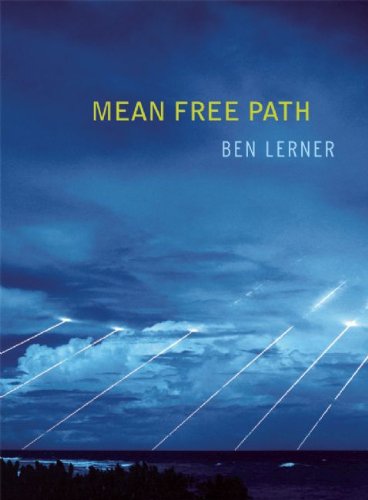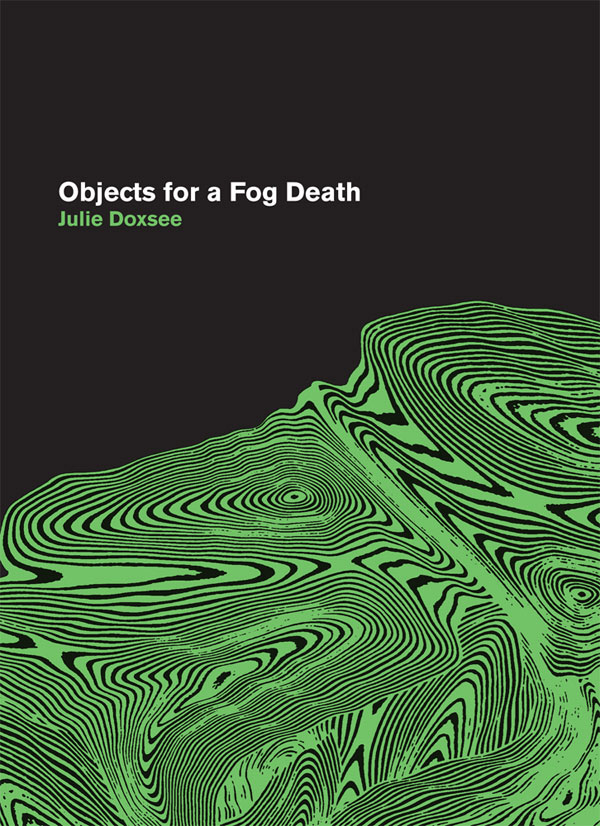 This all started with a trip up to New Paltz for some serious apple picking. We picked so many apples that our bag broke. There is an unequivocal Edenic experience to be had from picking apples from a tree and eating them then and there. This intertextual act is more apt upon offering up your shiny pectin prize to your partner, especially if you are a woman and your partner is a man. And oh, the sin is good. The sin is especially good if you then take man's first disobedience from Eden into the kitchen and bake that shit into a steaming pie.
This all started with a trip up to New Paltz for some serious apple picking. We picked so many apples that our bag broke. There is an unequivocal Edenic experience to be had from picking apples from a tree and eating them then and there. This intertextual act is more apt upon offering up your shiny pectin prize to your partner, especially if you are a woman and your partner is a man. And oh, the sin is good. The sin is especially good if you then take man's first disobedience from Eden into the kitchen and bake that shit into a steaming pie.I absolutely hate recipes that permit you to buy pie dough. What kind of world is this where that's okay? Crust is the best part about pie, in my most humble and correct opinion, so you'd better make sure you don't do something dumb like buy dough. Don't give me crap about how you don't have a rolling pin; I used a cup and that seemed to work just fine:
Pie Dough:
2 cups flour
1 Tblsp. sugar
1 tsp. salt
6 Tblsp. butter (cut your butter into six pads)
6 Tblsp. vegetable shortening
6-8 Tbsp. ice water
Mix your dry ingredients using a dough mixer. Add the butter and shortening and mix. Should look crumbly. Add the ice water, stirring in one tablespoon at a time. Your dough should be moldable in your fingers. You can test its volume by rolling it into a ball. If it doesn't crumble, you're good to go. It should be just past the point of crumbly. Roll your dough into a ball, wrap it up in plastic wrap, and put it in the fridge for half an hour.
Apple Filling:
5 tart apples
1/2 cup sugar
2 Tbsp. flour
2-3 tsp. cinnamon
1 tsp. ginger powder
dash of nutmeg
1 tsp. salt
1 Tbs. apple cider vinegar
1 Tbs. lemon juice
Peel and slice apples; place in bowl of cold water and lemon juice. In another bowl, mix all other ingredients. Add the apples. Done.
Mold your dough:
Slice your refridgerated dough in half. Sprinkle flour on your mat, on your dough, and on your rolling spin/cup/improvised cylinder. Basically, sprinkle flour like it's snow on Christmas Eve all over any area that so much as makes contact with the dough. Roll each half until flat, but make sure your perfectly well-meaning land of dough doesn't stick to the mat. Lining your mat with parchment paper may just do you wonders. Line a 9' pie pan with first layer of dough. I like laying the bottom layer a little thicker than the top layer so it soaks up all that juicy filling. Fill your pan with your apple filling. Repeat rolling process on second half, and lay over the apple goodness. I placed my top layer over the pie in segments in order to have a really flakey crust, but you can do whatever you'd like, so long as there's a little breathing slit.
Bake your pie at 400 degrees for 50-60 minutes. Let cool for twenty minutes. I sprinkled mine with cinnamon. Now, dear readers. Devour.







